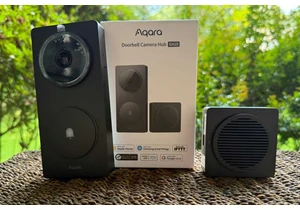Intel is in a tough spot. Qualcomm is comparing its Snapdragon X Elite hardware to Intel’s current Meteor Lake chips, and lots of the numbers don’t look great for Intel. But Intel says it’s still competitive — and that its just-around-the-corner Lunar Lake platform will outshine Qualcomm’s Arm-based Snapdragon X Elite.
“Our mission with Lunar Lake is we wanted to build the most power-efficient x86 architecture there is — period. And we’re feeling pretty confident,” said Intel’s Dan Rogers in an interview with PCWorld’s Mark Hachman at Computex.
That’s great, but Lunar Lake isn’t out today. Intel spent many months talking up the current Meteor Lake platform, promising that it would be more power-efficient and enable local AI experiences with its neural processing unit (NPU.) Intel even transformed its processor naming scheme starting with Meteor Lake — these were the first “Core Ultra” chips.
Now, Qualcomm is about to release the first wave of Snapdragon X Elite-powered laptops, ushering in Microsoft’s new Copilot+ PC era. But Intel wants you comparing it to the Lunar Lake hardware launching in the coming months — not the Meteor Lake hardware you can buy today.
Meteor Lake’s battery life gains weren’t the big leap we expected
I’ve been reviewing a lot of laptops here at PCWorld, and many of them have Meteor Lake CPUs in them. As Meteor Lake was designed more for power efficiency than the previous-generation Raptor Lake hardware, I would expect to see big battery life gains generation-over-generation.
That hasn’t always panned out. Many Meteor Lake laptops have similar levels of battery life to their Raptor Lake ancestors. Some even have worse battery life — the Meteor Lake-powered Lenovo ThinkPad X1 Carbon (Gen 12) actually had lower battery life than the previous-generation Raptor Lake-powered model. Now sure, lots of that battery drain is likely because Lenovo included a beautiful OLED screen that likely sucks a lot of power. But shouldn’t Meteor Lake have big underlying efficiency gains that help counteract that?
I don’t mean to single out Lenovo here. It’s not a Lenovo problem. I’ve encountered a lot of Meteor Lake laptops that don’t offer the big battery life improvements I would have expected from reading about all the architectural changes Intel made in Meteor Lake.
If you listen to Intel’s employees talk about Lunar Lake, it sounds like this problem is resolved. There’s a lot of talk about how applications can now be constrained to run on those low-power E-cores, where on Meteor Lake they might have hit those higher-power P-cores, for example.
“We just don’t believe you need to compromise,” Intel’s Dan Rogers told us in a wide-ranging interview.
Qualcomm is comparing its Snapdragon X Elite hardware to Meteor Lake when it talks up how much better it is than a “Core Ultra” CPU. Intel is saying that Lunar Lake will be able to go toe to toe with Snapdragon X Elite — and surpass it. But if Meteor Lake had delivered the kind of battery life gains we expected, Qualcomm wouldn’t have such a compelling argument to make.
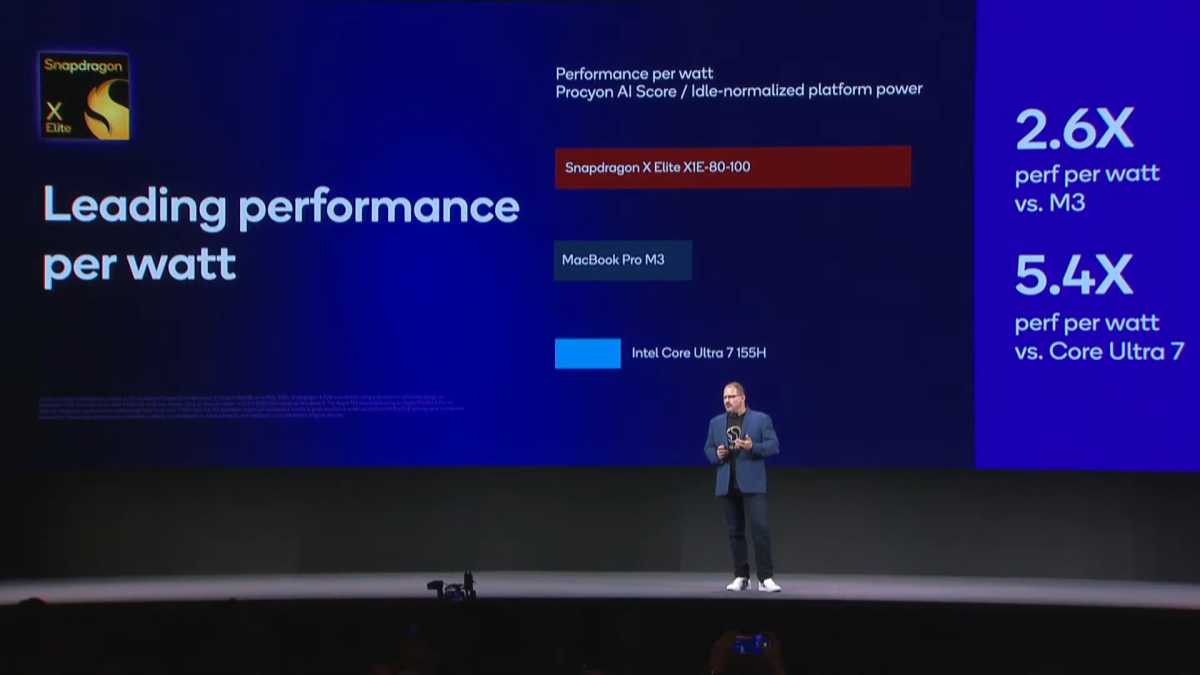
Qualcomm
Qualcomm
<div class="scrim" style="background-color: #fff" aria-hidden="true"></div>
</div></figure><p class="imageCredit">Qualcomm</p></div>Meteor Lake CPU performance actually declined a bit
One reality of Meteor Lake is that single-core CPU performance actually declined a bit, generation over generation. It’s a small difference, but the same laptop with a previous-generation Raptor Lake chip might perform a bit better than a current-generation Meteor Lake chip. That Meteor Lake chip might be more power efficient, but it’s an unfortunate truth.
That’s one reason why high-end gaming laptops are often going with those new Intel Core HX chips, which are in fact based on the Raptor Lake architecture. If you want top-end performance, Meteor Lake isn’t the right choice.
It seems like this may be resolved with Lunar Lake, too. Intel is insisting that Lunar Lake delivers both much higher performance and dramatically improved energy efficiency.
“Lunar Lake is kind of a rebasing of mobile architectures for us. We’re trying to communicate to you and the world that this is how we want to do it going forward,” said Intel’s Robert Hallock in an interview with PCWorld while discussing the architectural changes.
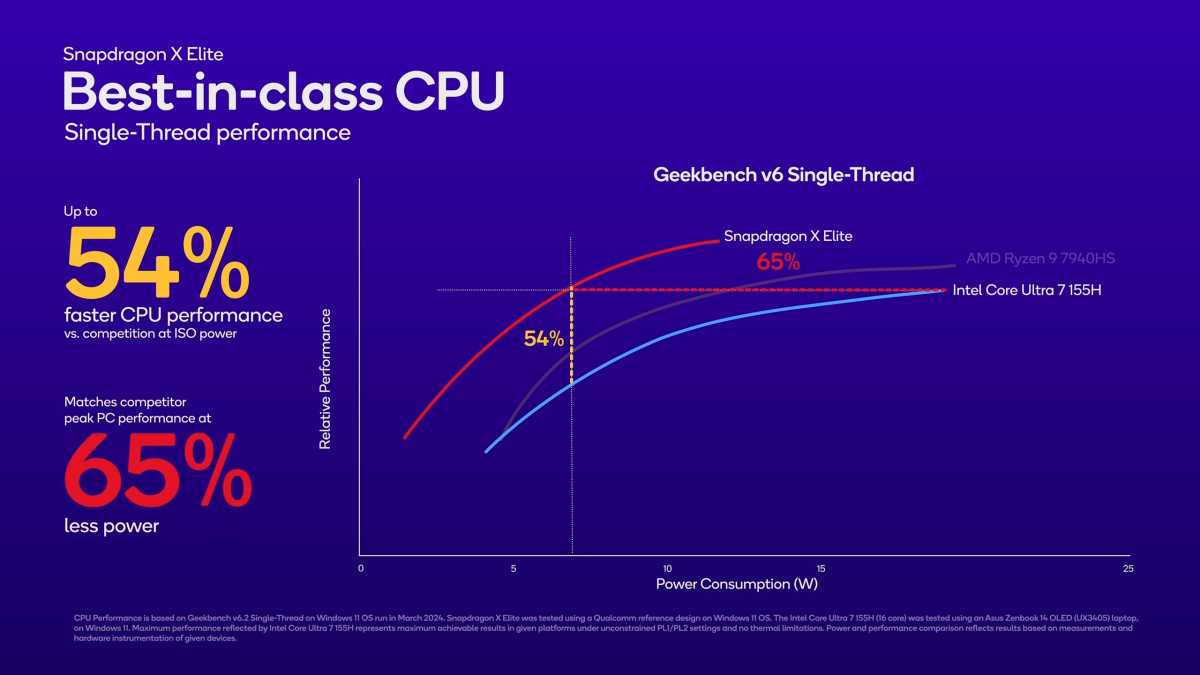
Qualcomm
<div class="lightbox-image-container foundry-lightbox"><div class="extendedBlock-wrapper block-coreImage undefined"><figure class="wp-block-image size-large enlarged-image"><img decoding="async" data-wp-bind--src="selectors.core.image.enlargedImgSrc" data-wp-style--object-fit="selectors.core.image.lightboxObjectFit" src="" alt="Qualcomm CPU benchmarks" class="wp-image-2358112" width="1200" height="675" loading="lazy" /></figure><p class="imageCredit">Qualcomm</p></div> </div></figure><p class="imageCredit">Qualcomm</p></div>A big part of Qualcomm’s push was that Snapdragon X Elite wouldn’t force you to compromise on performance vs. battery life, illustrated in the chart above. Qualcomm argues that have you can have it all — if you go with Arm-powered Qualcomm hardware, not x86-powered Intel hardware. That’s an easier argument to make when you look at Meteor Lake and you see Intel trading some of the last generation’s performance for improved energy efficiency. Compared to Lunar Lake, Qualcomm’s arguments may look a little less persuasive. Once again, Intel would prefer you compare Snapdragon X Elite to Lunar Lake — not Raptor Lake.
Microsoft is leaving Meteor Lake’s NPU behind
The neural processing unit (NPU) is probably the messiest part of the Meteor Lake story. Intel’s Meteor Lake platform heralded the start of the “AI PC” with its NPU that delivered 11.5 TOPS (trillion operations per second.)
Microsoft dealt Intel a big blow when it revealed that Windows 11’s new “Copilot+ PC” AI features will require at least 40 TOPS. That means they won’t run on Meteor Lake hardware. Qualcomm’s Snapdragon X Elite offers an NPU with 45 TOPS, which has let Qualcomm run a victory lap, touting how far ahead of Intel and AMD it is. Qualcomm can shout “Three times faster AI performance!” from the rooftops. And the company can point out that Intel’s current Meteor Lake hardware can’t even run these new AI features — Microsoft just doesn’t think they’re fast enough.
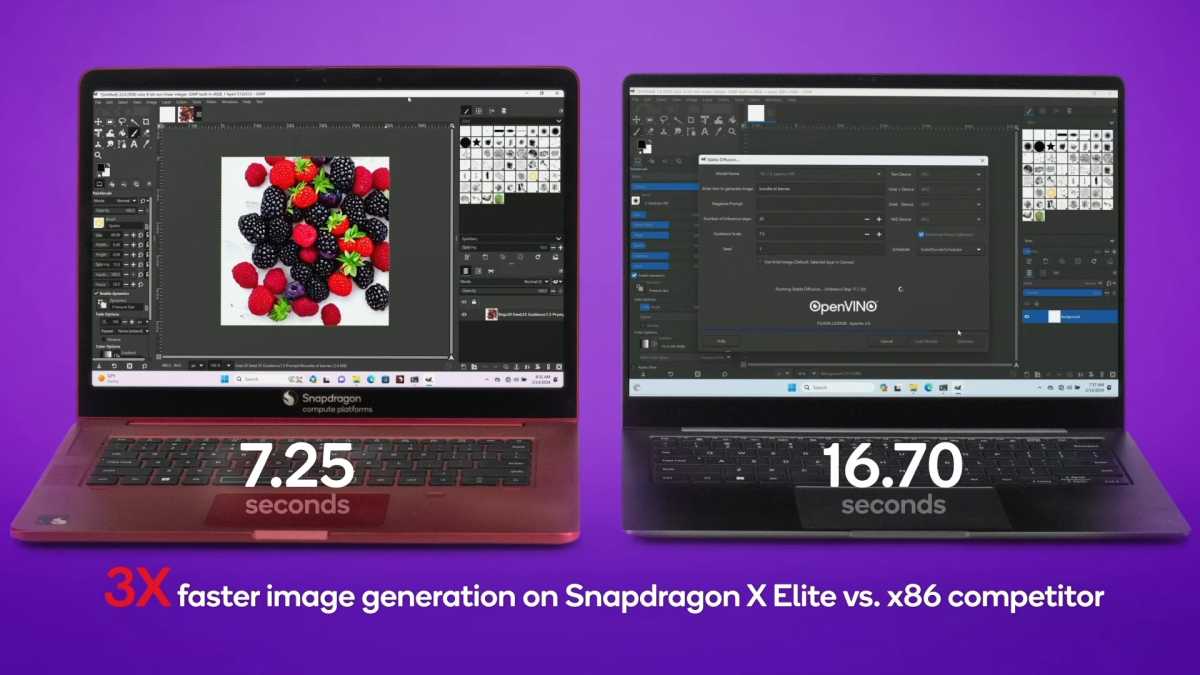
Login to add comment
Other posts in this group
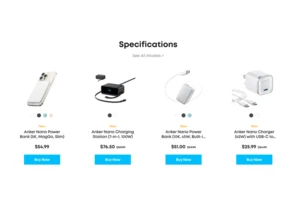
Anker remains one of our preferred sources of power banks, USB-C hubs

Stop us if you’ve heard this before: Microsoft encourages you not to

Who needs a smart home hub you can snag cheap Wi-Fi smart bulbs that
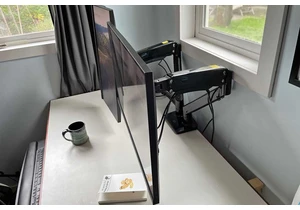

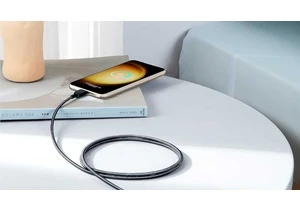
If there’s one thing you absolutely need every day, it’s a fast charg
